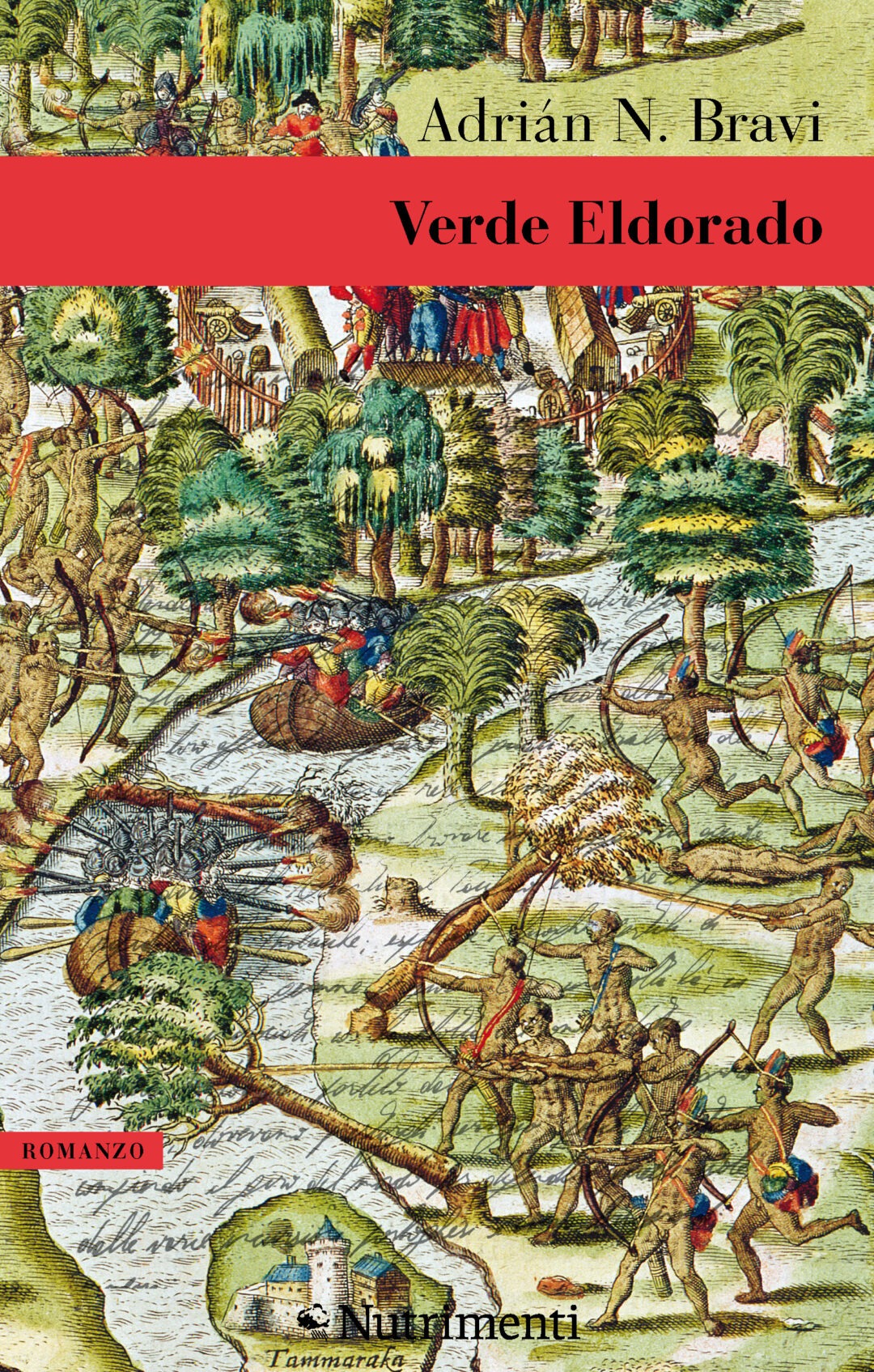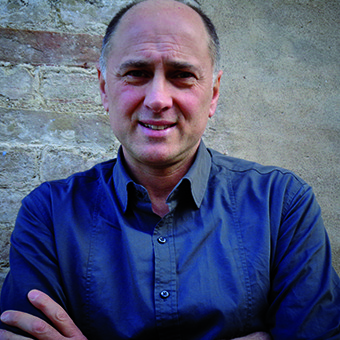-
0
Caricamento del contenuto del carrello...

Left disfigured after a fire, Ugolino lives imprisoned in a hood because, in the very urban Venice of 1526, disfigurement is a shame to be hidden. Unable to tolerate him, his father packs him off on an expedition led by the legendary navigator Sebastian Cabot. On 3 April 1526, they sail off heading to the Maluku Islands but Cabot decides to pursue the tale he heard about a city made of gold and silver. The fleet enters Río de la Plata then sails up the Paraná and Paraguay rivers, where Ugolino and his four companions are captured by an indigenous tribe. They are immediately eaten, while he is spared thanks to the marks on his face seen by the natives as the touch of the God of fire. Ugolino then begins living with them while discovering a nature, a culture, a humanity and a language to be learnt and understood. A world where everything vibrates with reality and where the body of Giorgina, the young woman who gives meaning to Ugolino’s roots, drives him to ask himself what the ultimate meaning of creation is.
“In Verde Eldorado, there is a strong affinity with magical realism in the prose, which moves between historical reconstructions and evocative imagery to question the body, its relationship with space, the otherworldly dimension, the sense of truth and its limit.” Alice Pisu, L’Indice
 Adrián N. Bravi, born in Buenos Aires in 1963, Adrian Brávi moved to Italy in the late 1980s and, after studying philosophy and working as a librarian, began to publish fiction in the late 1990s. He is the author of several novels, a children’s book, and numerous articles and stories. His writing has been translated into French, English, Arabic and Spanish.
Adrián N. Bravi, born in Buenos Aires in 1963, Adrian Brávi moved to Italy in the late 1980s and, after studying philosophy and working as a librarian, began to publish fiction in the late 1990s. He is the author of several novels, a children’s book, and numerous articles and stories. His writing has been translated into French, English, Arabic and Spanish.
Il Mattino
Marco Ciriello
Bravi: narrativa da Eldorado
Il manifesto
Francesca Lazzarato
Se l'alterità estrema piace molto agli dèi
Avvenire
Eugenio Giannetta
Festival di Mantova, la letteratura torna in piazza
La Lettura
Alessandro Beretta
Ciò che a Venezia sfregia il volto in Amazzonia diventa la libertà
Doppiozero
Federica Arnoldi
Verde Eldorado
Gazzetta di Mantova
Simonetta Bitasi
Sull’ammiraglia di Caboto la Storia ci racconta di noi
Mangialibri
Massimiliano De Conca
Verde Eldorado
Quaderni d'altri tempi
Alessandra Bartucca
Viaggiare, forse tornare, cercando una patria dell’Io
Premio Comisso
Elisa Chiriano
“Verde Eldorado” di Adrian Bravi
La Nazione
Les Bouquinistes
Oggi Bravi presenta il suo ultimo romanzo "Verde Eldorado"
Convenzionali
Gabriele Ottaviani
“Verde Eldorado”
ANSA
Redazione Ansa
Greenwich Extra, la nuova narrativa italiana di Nutrimenti
Premio letterario internazionale Casinò di San Remo – Antonio Semeria (terzo classificato)